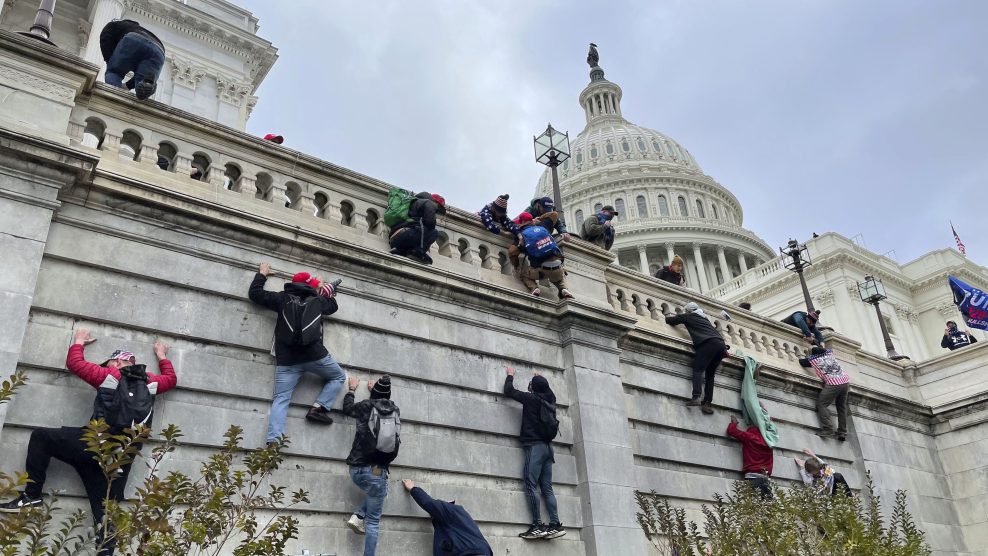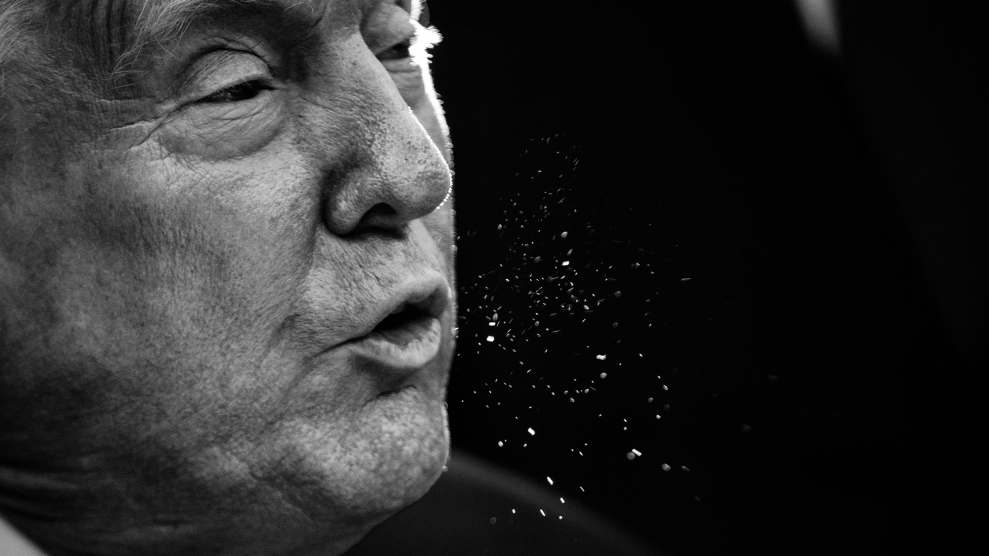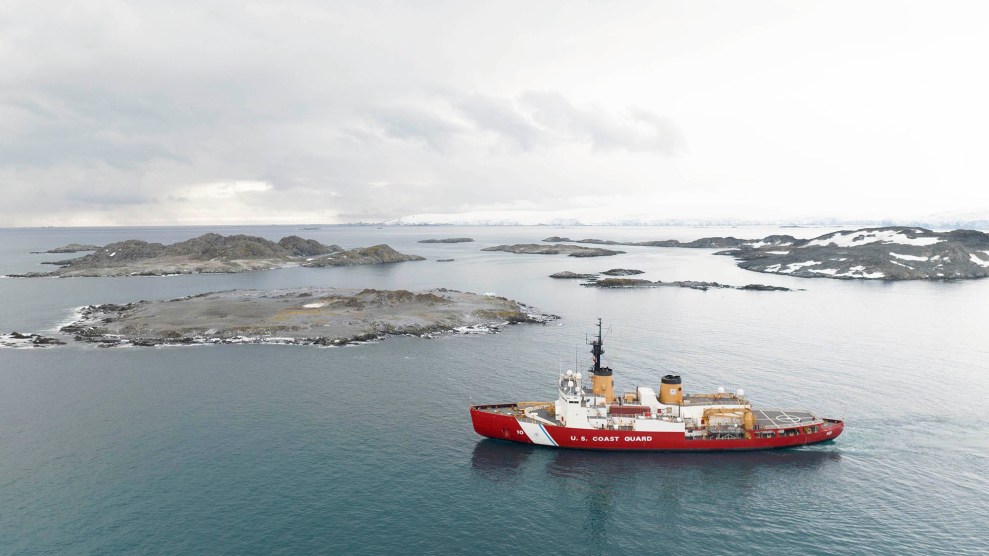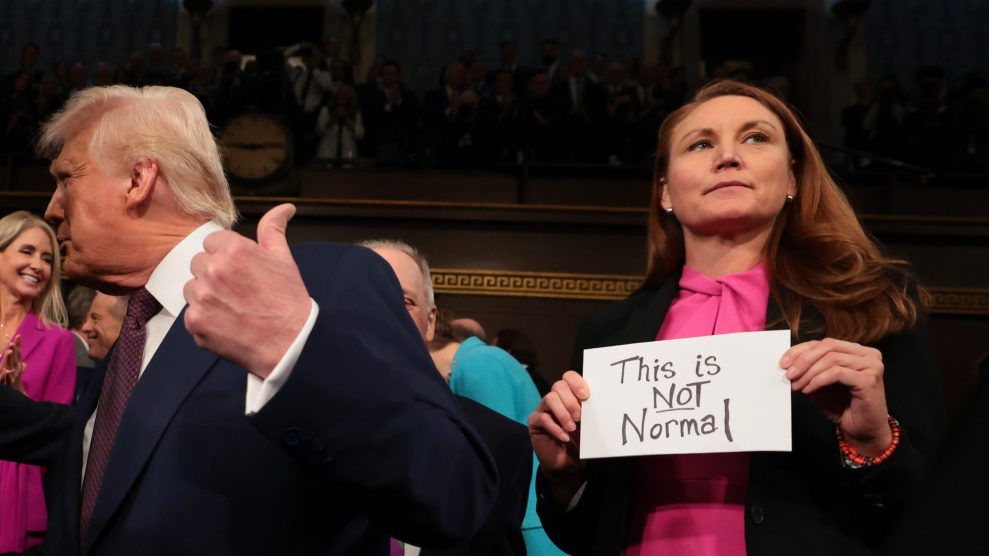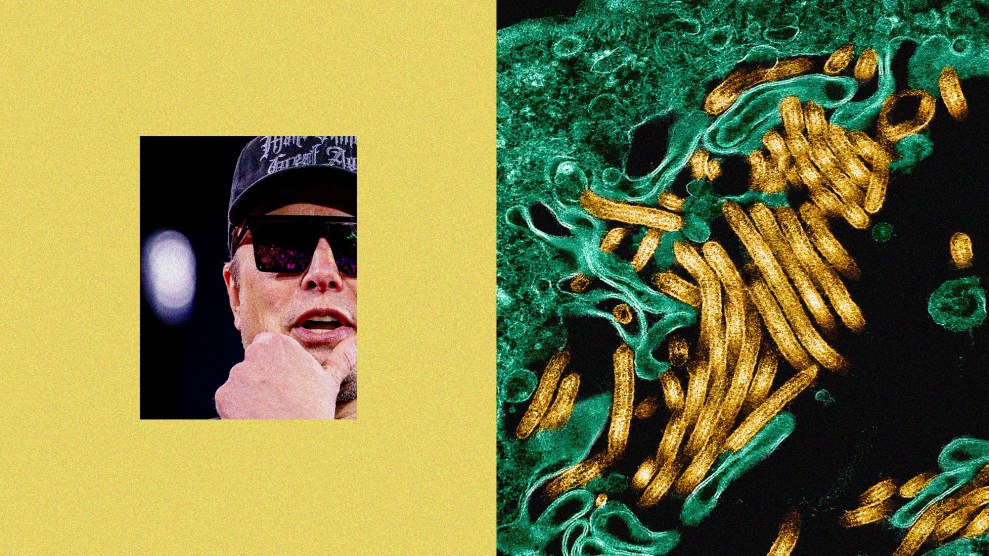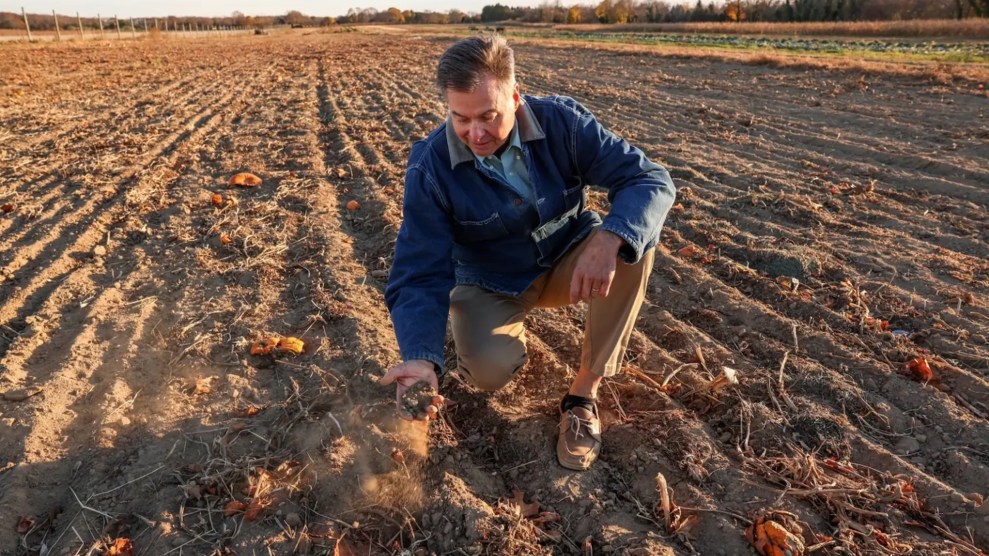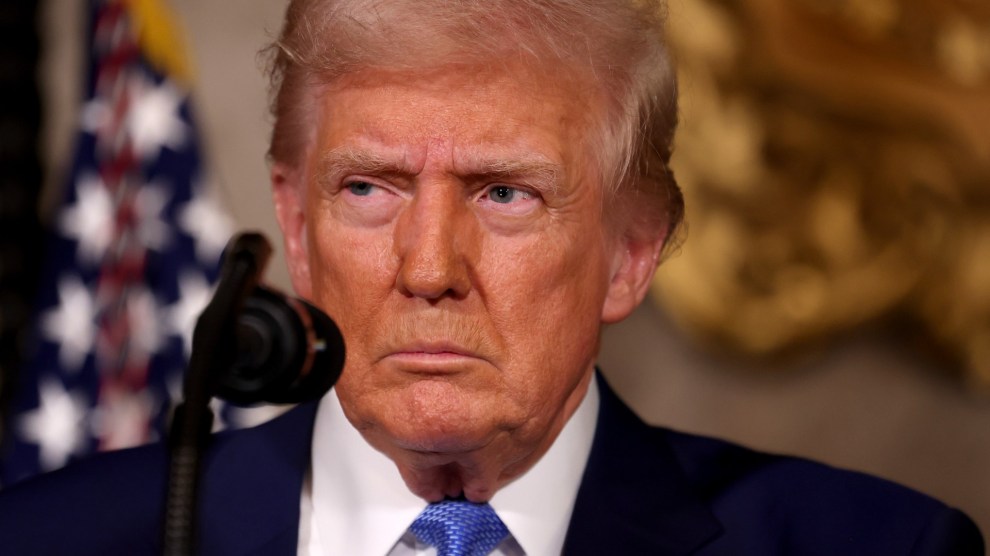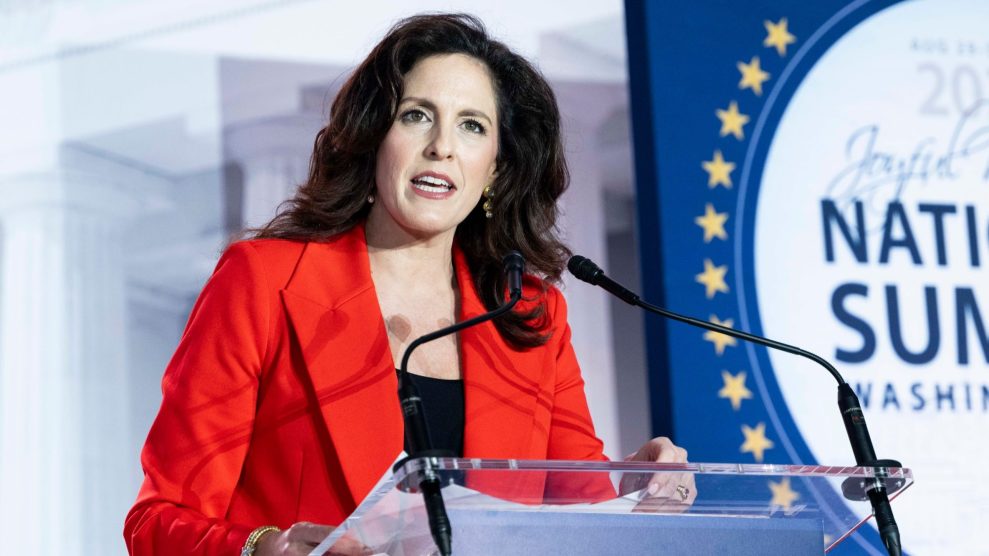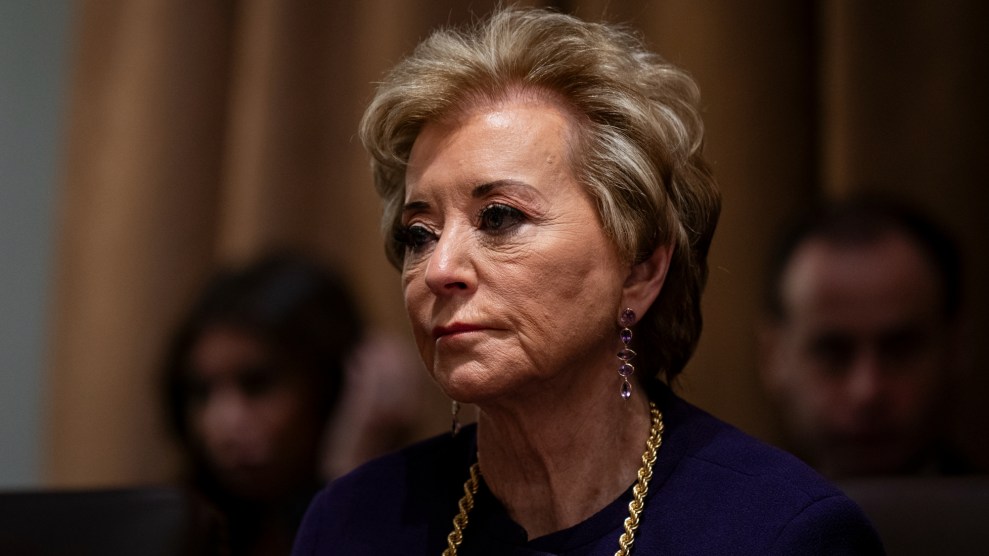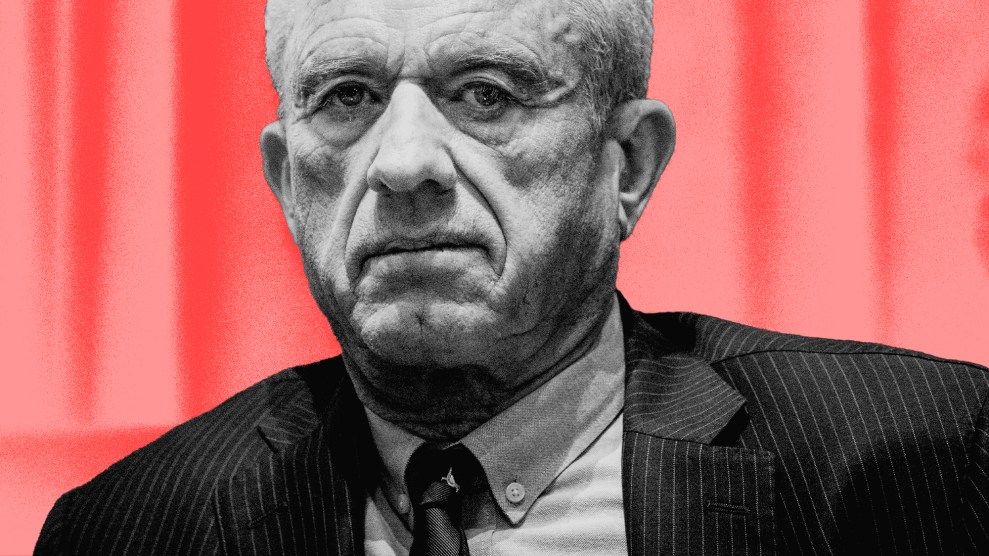In an 11th hour move, the Bush Administration today reversed an old federal rule that would have allowed Congress to take action to protect the Grand Canyon from a rash of new uranium mining claims. Driven by renewed national interest in nuclear power, the number of uranium claims staked within five miles of the Grand Canyon has increased from 10 in 2003 to 1,181 as of this October. Rampant mining near the Canyon would threaten the water quality of the Colorado River, potentially jeopardizing the drinking water supply of millions of residents in Las Vegas and Southern California. Prompted in part by the concerns of local water agencies, in June the House Committee on Natural Resources invoked its right under the Federal Land Management and Policy Act to withdraw the mining claims. But the Bureau of Land Management refused to implement the order, and the Bush Administration’s rule change today gives it official authority to thumb its nose at Congress.
Ultimately, Bush’s move will probably do more to increase his radioactivity with voters than it will to heat up the tap water in Las Vegas; the Obama Administration will certainly reverse Bush’s reversal. But more important, the Grand Canyon flap underscores the hopeless antiquity of the nation’s mining laws. The General Mining Law of 1872, which was written by Nevada’s first senator and signed into law by President Grant, enshrines mining as the “highest and best use” on 350 million acres of federal land. It also allows mining companies to cart off public minerals without paying a cent of royalties. Efforts to reform the law began almost as soon as it passed and have failed at ever turn, including this year, when a reform bill was to have been introduced in the Senate but wasn’t. But with Bush-era environmental horrors fresh on the mind, and public coffers emptied, expect that to change in the coming session.

